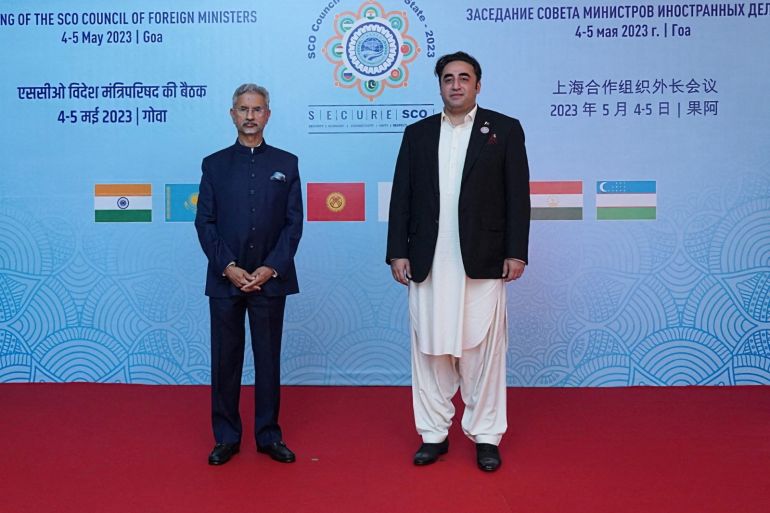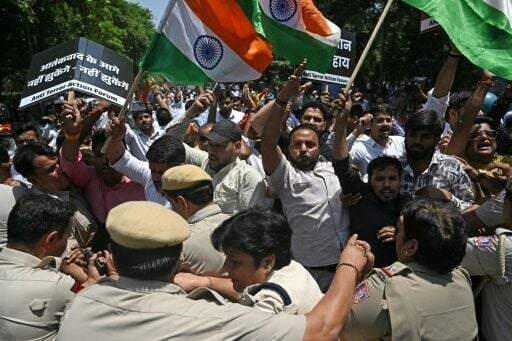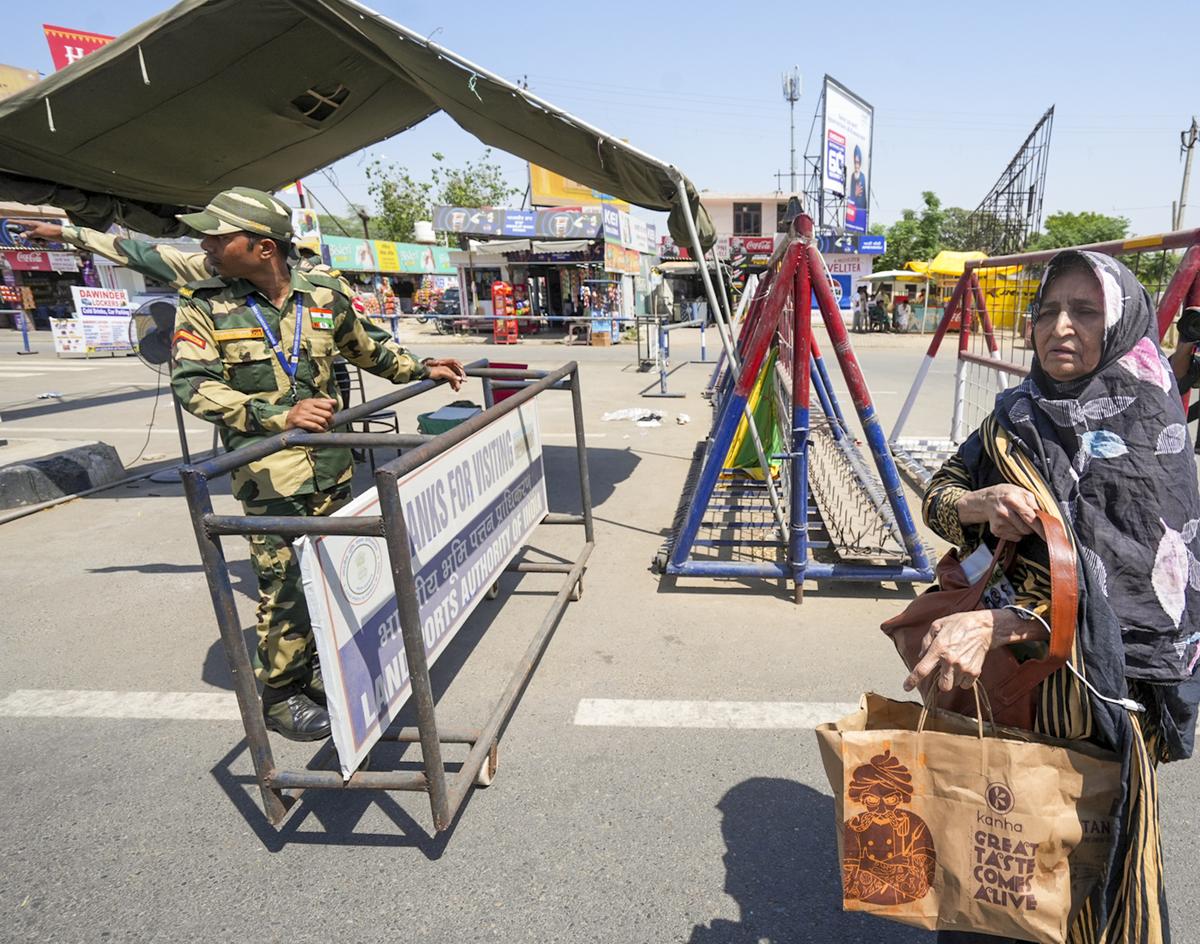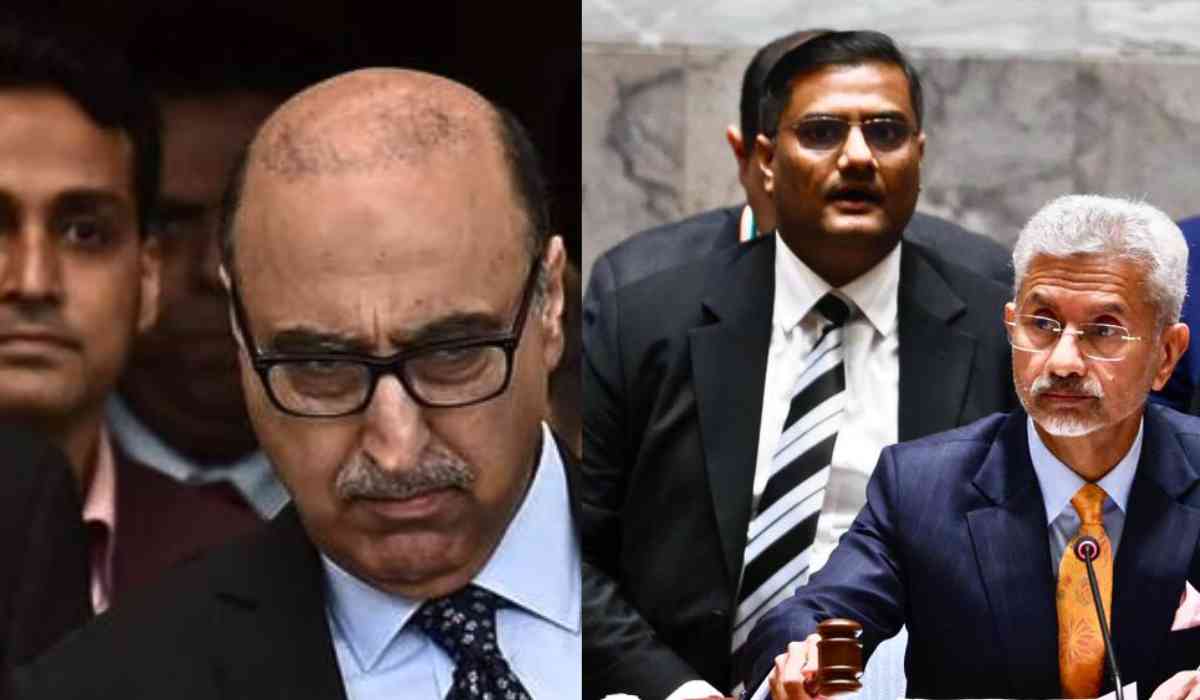India and Pakistan, two neighboring countries in South Asia, have once again found themselves in the middle of a diplomatic crisis. Recently, both countries expelled each other's diplomats, leading to a sharp decline in their already tense relationship. This article explains what led to these actions, how it affects ordinary people, and what it could mean for the future.
What Triggered the Diplomatic Expulsions?

The latest round of expulsions began after India accused a Pakistani official working at the Pakistan High Commission in New Delhi of espionage-spying activities that are not allowed under diplomatic rules. India declared the official "persona non grata," which means the person is no longer welcome and must leave the country within 24 hours. In response, Pakistan did the same, expelling an Indian diplomat from its High Commission in Islamabad, also accusing him of activities "incompatible with his privileged status".
This tit-for-tat move happened amid heightened tensions following a deadly terror attack in Pahalgam, India, and subsequent military actions, including airstrikes and cross-border firing.
What Other Measures Have Been Taken?
The diplomatic expulsions are just one part of a broader set of actions:
-
Visa Suspensions: Both countries have stopped issuing most visas to each other's citizens, making it hard for people to visit family, attend weddings, or travel for business.
-
Border Closures: The Attari-Wagah border, the main land crossing between India and Pakistan, has been closed. This has separated families and disrupted trade.
-
Withdrawal of Diplomats: India and Pakistan have reduced the number of staff at their embassies, and military advisers have been recalled or expelled.
-
Suspension of Agreements: India has suspended the Indus Waters Treaty, a long-standing water-sharing agreement, and Pakistan has suspended the Shimla Agreement, which was meant to ensure peaceful resolution of disputes.
How Does This Affect Ordinary People?

The impact of these actions goes beyond government buildings and official meetings. Here’s how ordinary people are affected:
-
Families Separated: Many people have family members on both sides of the border. With visas suspended and borders closed, they cannot visit each other, causing emotional distress.
-
Business Disrupted: Trade between the two countries has stopped, affecting businesses and workers who rely on cross-border commerce.
-
Pilgrimages Halted: Religious pilgrims, especially Sikhs who visit holy sites in Pakistan, are unable to make their journeys due to travel restrictions and the closure of special corridors like Kartarpur.
-
Uncertainty and Fear: The atmosphere of hostility creates anxiety among people living near the border and among those with ties to the other country.
Why Do Countries Expel Diplomats?

Expelling diplomats is a serious step in international relations. It usually happens when one country believes a diplomat has broken the rules or is involved in activities like spying. Declaring someone "persona non grata" is a way for a country to show its anger or protest without starting a war. However, such moves often lead to retaliation, as seen between India and Pakistan.
What’s the Bigger Picture?
India and Pakistan have a long history of disputes, especially over the region of Kashmir. There have been wars, border skirmishes, and many rounds of peace talks that have not lasted. The latest expulsions are a reminder of how fragile the relationship is. Even when military fighting stops, diplomatic and people-to-people ties can still suffer.
Both countries accuse each other of supporting terrorism and interfering in each other’s affairs. When tensions rise, it is often ordinary people who pay the price-through lost opportunities, separated families, and increased fear.
What Needs to Change?

It’s clear that both India and Pakistan have deep concerns about security and sovereignty. However, history shows that cutting off communication and reducing diplomatic ties rarely solves the underlying issues. Instead, it often makes misunderstandings and mistrust worse.
-
Dialogue is Key: Even during difficult times, keeping diplomatic channels open can help prevent misunderstandings from turning into bigger conflicts.
-
People-to-People Ties Matter: Allowing families to meet, students to study, and pilgrims to travel can build goodwill and reduce hostility.
-
International Mediation: Sometimes, outside help from neutral countries or organizations can help both sides find common ground.
Final Note
The expulsion of diplomats between India and Pakistan is a serious sign of how tense things have become. While both countries have reasons for their actions, the real cost is often paid by ordinary people. Lasting peace and stability will require not just strong security measures, but also open communication, trust-building, and a willingness to look for solutions beyond retaliation. Only then can both nations hope for a better, more peaceful future.
With inputs from agencies
Image Source: Multiple agencies
© Copyright 2025. All Rights Reserved Powered by Vygr Media.

























